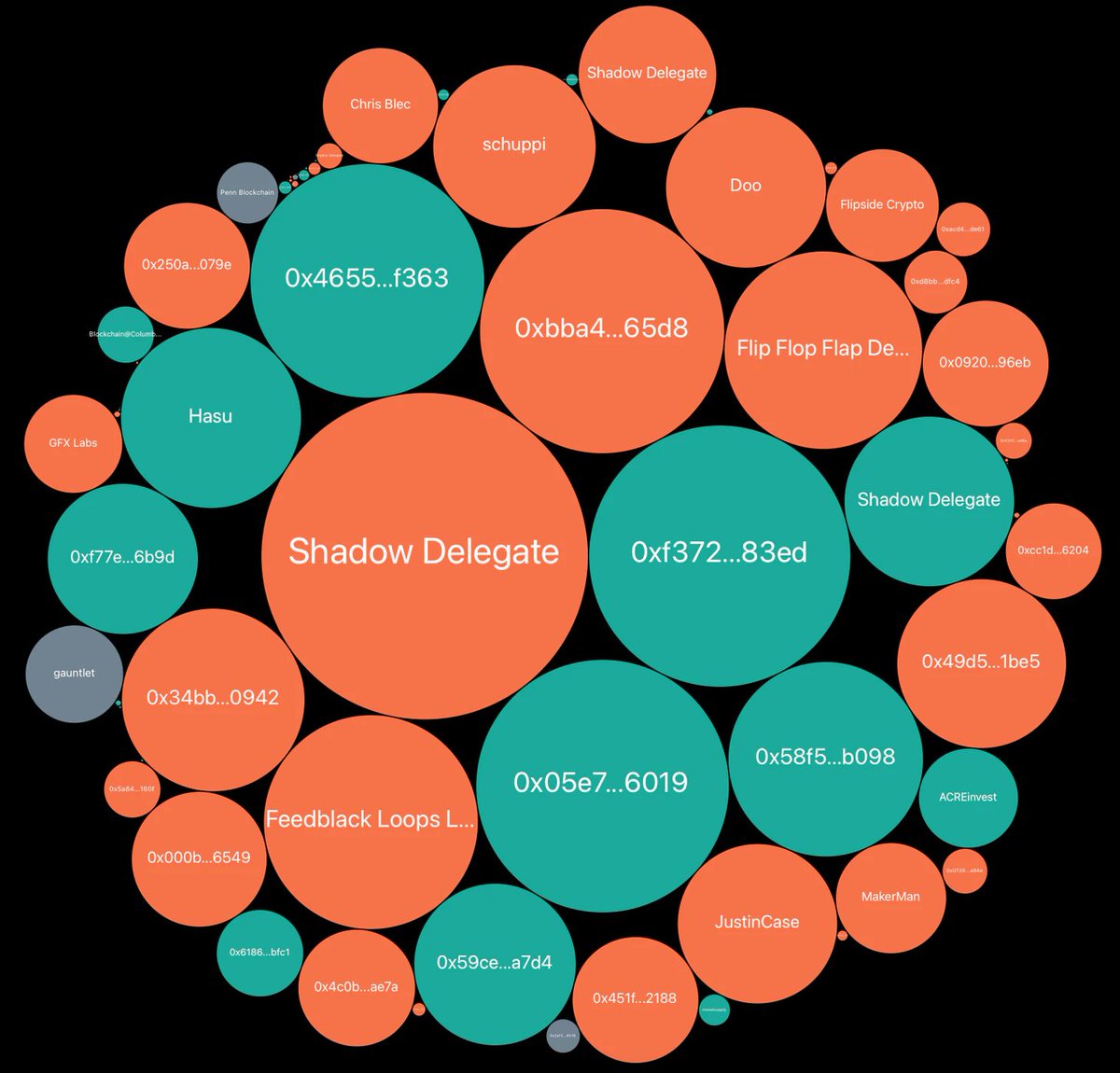
🧵/ You can choose whether to look at the moon or at the pointing finger instead
With #CreditSuisse #SVBank at al. getting pumped back to life by the State, we should start asking whether the state-bank alliance makes much sense anymore
BANKING IS BROKEN, HALLELUJAH 👇
With #CreditSuisse #SVBank at al. getting pumped back to life by the State, we should start asking whether the state-bank alliance makes much sense anymore
BANKING IS BROKEN, HALLELUJAH 👇
1/ The fact that #SVBank failure was a shock for markets tells a lot about the quality of markets (and regulators)
Below, an extract from SVB's regulatory disclosures. What was the regulator doing instead of observing the most classic of bank’s maturity mismatches?
Below, an extract from SVB's regulatory disclosures. What was the regulator doing instead of observing the most classic of bank’s maturity mismatches?

2/ I don't want to go all the way to conspiracy theory, but who was extracting the most value from #SVBank, or in other words who had more (short-term) incentives for SVB to keep operating as it was?
Below, another extract. Hint: not only tech benefited from low IR...
Below, another extract. Hint: not only tech benefited from low IR...

3/ Even taking so much interest rate risk, #SVBank wasn't making much money
* 2.73% average gross yield
* 2% average net yield
* 9-10% return on equity, i.e. below cost
* 0.85-0.90x price to tangible book
In other words, management ran a fast-growing value-burning bank
* 2.73% average gross yield
* 2% average net yield
* 9-10% return on equity, i.e. below cost
* 0.85-0.90x price to tangible book
In other words, management ran a fast-growing value-burning bank
4/ Among the depositors of #SVBank that had the risk of losing a big chunk of their savings was @circle, the minter of $USDC
The risk underpinning $USDC, as well as its absolutely lack of yield for holders, is also not new. The extract below is from DR's 52 release
The risk underpinning $USDC, as well as its absolutely lack of yield for holders, is also not new. The extract below is from DR's 52 release

5/ To me, it is not the story of #SVBank mismanagement that matters, nor the finger-pointing
What matters is the blatant and absolutely unnecessary fragility of banking as we know it that emerged from this and other episodes
Today, we could and should do better
What matters is the blatant and absolutely unnecessary fragility of banking as we know it that emerged from this and other episodes
Today, we could and should do better
6/ The "OLD" monetary triangle was based on a very tight relationship between Treasury, Central Bank, and Commercial Banks
Commercial Banks distribute money through underwriting, have monopoly of currency storage, and are incentivised (big) buyers of treasuries
Commercial Banks distribute money through underwriting, have monopoly of currency storage, and are incentivised (big) buyers of treasuries

7/ The system is showing huge limits:
* DISTRIBUTION: are banks really needed here?
* UNDERWRITING: should banks have monopoly?
* RETURNS: can banks really be self-sustaining?
* RISK: are banks enough low risk for depositors?
My answer is NO to those questions. We can do better
* DISTRIBUTION: are banks really needed here?
* UNDERWRITING: should banks have monopoly?
* RETURNS: can banks really be self-sustaining?
* RISK: are banks enough low risk for depositors?
My answer is NO to those questions. We can do better
8/ A "NEW" monetary triangle could emerge:
* SPECIALISED UNDERWRITERS distribute money - a combination of banks, funds, and protocols
* DEPOSITORS can access government risk directly rather than being meat for banks
* #CBDC of some sort act as a liquidity stabiliser only
* SPECIALISED UNDERWRITERS distribute money - a combination of banks, funds, and protocols
* DEPOSITORS can access government risk directly rather than being meat for banks
* #CBDC of some sort act as a liquidity stabiliser only

9/ The current monetary framework has reached a point of no return. We need a new paradigm
“The competition between paradigms is not the sort of battle that can be resolved by proofs.” - The Structure of Scientific Revolutions, Thomas Kuhn
dirtroads.substack.com/p/53-banking-i…
“The competition between paradigms is not the sort of battle that can be resolved by proofs.” - The Structure of Scientific Revolutions, Thomas Kuhn
dirtroads.substack.com/p/53-banking-i…
• • •
Missing some Tweet in this thread? You can try to
force a refresh










